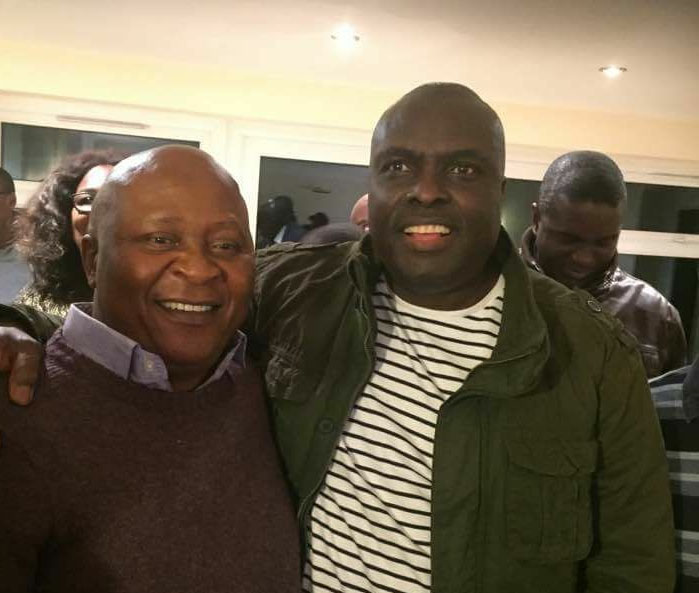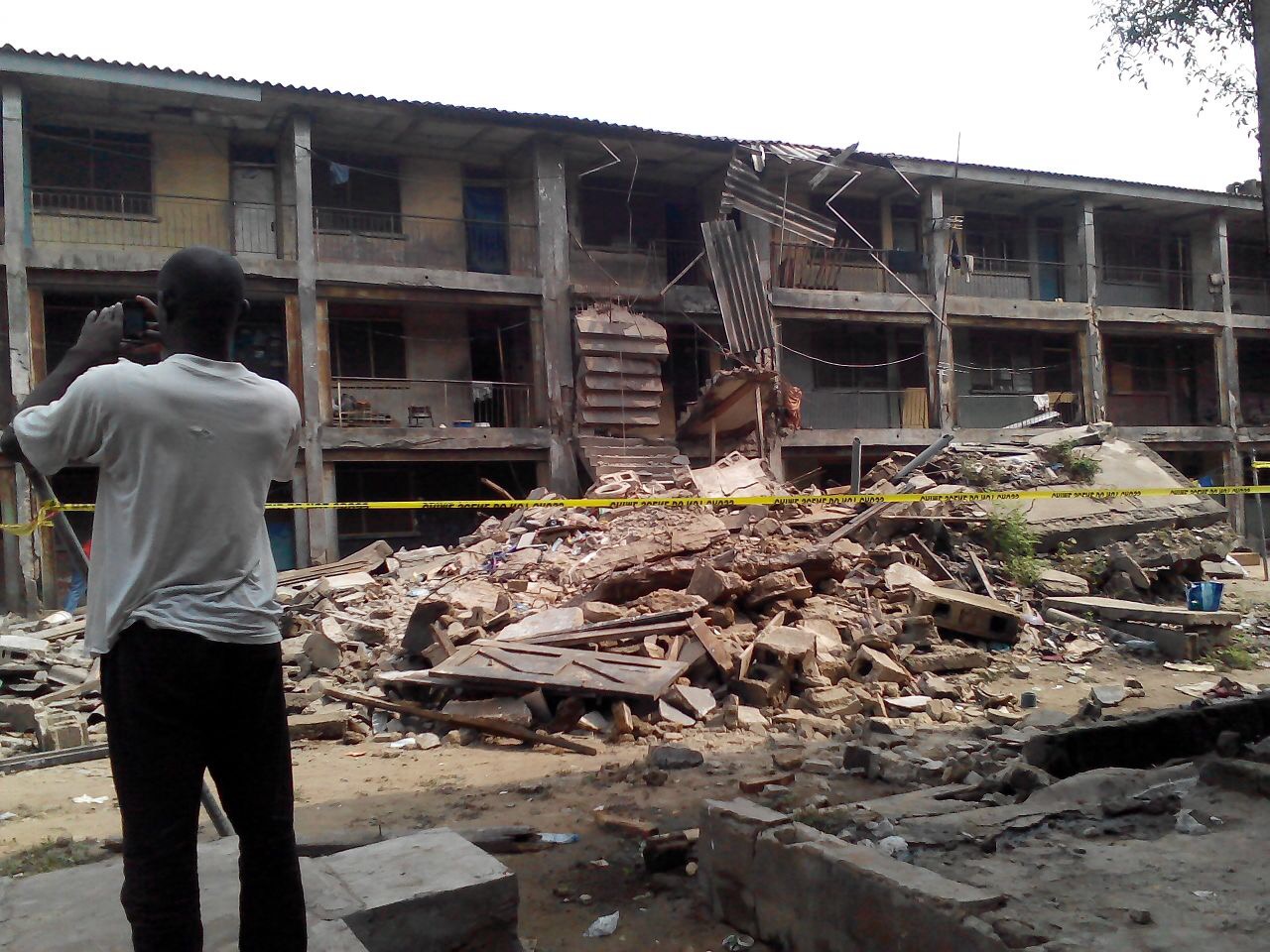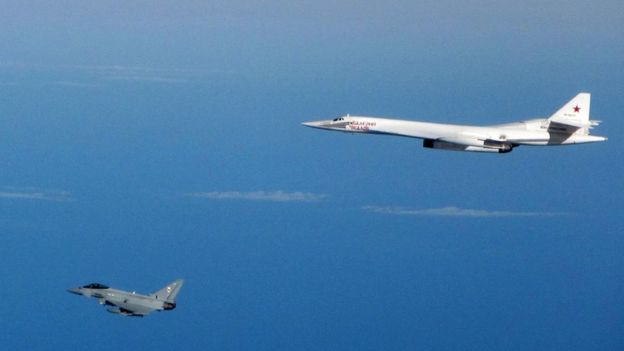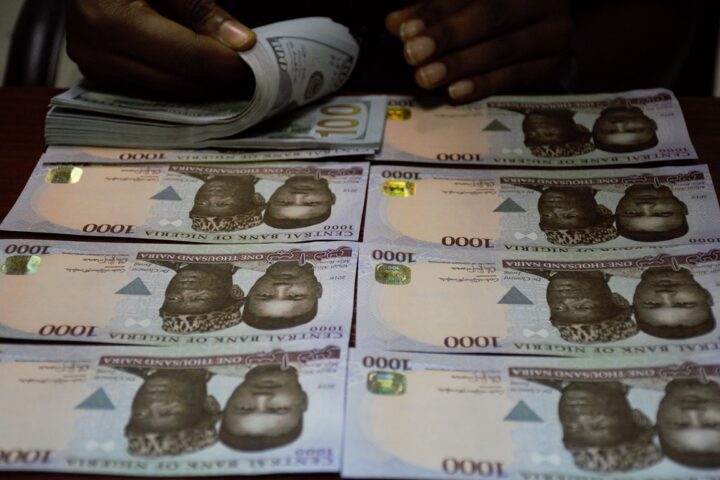Predictably, many Nigerians are disgusted with the jubilation that greeted the release of former Delta governor, Chief James Onanefe Ibori, from UK prison on Wednesday. His friends and associates were over the moon. His community rolled out the drums. There were eulogies here and there. In my estimation, the celebration was sincere and affectionate. And that exactly was what irked many Nigerians: how could people genuinely celebrate the release of a convicted money launderer and fraudster? Shouldn’t they be appalled? Shouldn’t they stone him? Shouldn’t they ostracise him? What is this world turning into? These are the questions pervading the social media.
His supporters cannot understand the outcry over their in-your-face celebrations. Are they supposed to be crying that their hero had been freed from prison? They are asking: if prison is meant to punish, and he has served the punishment, does he not deserve a second chance? We should also note that even though he had been in prison since 2010, he was effectively still in control of Delta politics, installing governors, senators, reps, house of assembly members, commissioners and boards of agencies. It is even reported that he was determining the choice of contracts and contractors. Ibori was, clearly, loved by his people.
The UNIBEN-trained economist cannot even understand the “noise”. While he was governor, he often asked journalists why he was being cast as the most corrupt politician in Nigeria. He named a number of governors who were very corrupt — and asked why the press was protecting them and casting others as devils. He believed he was a victim of President Olusegun Obasanjo’s vendetta. Ibori and other PDP governors had famously tried to stop Obasanjo from getting the party’s ticket to go for a second term in 2003. The ultimate casualty was their ally, Vice-President Atiku Abubakar, whom Obasanjo stopped by all means from succeeding him in 2007.
Ibori’s supporters may well have a point, but their hero’s case is very, very complicated. He has a history. Unforgettable history. He had been convicted for credit card fraud and theft twice in the UK — in 1991 and 1992. Then in 1995, he was allegedly convicted for criminal breach of trust in Nigeria. Being an ex-convict, he was constitutionally not qualified to run for governorship in 1999, but he beat the system all the same. The 1995 conviction by an Abuja area court was a thriller. The name of the convict was James Onanefe Ibori. In 2004, he denied being the same person and court records would soon be blurred. It was certainly one of the mysteries of modern times.
Advertisement
The judge who passed the sentence identified him as the convict. But all the way to the Supreme Court, our judiciary ruled that it must be another James Onanefe Ibori. In yet another twist, a truck driver who called himself “James Onanefe Ochuko Ibori” materialised from the moon and claimed to be the convict in question. The drama had no equal. The then Inspector General of Police, Alhaji Tafa Balogun, finally gave Ibori a clean bill. That ended Season One, which I would call ‘The Appetiser’. That Balogun himself was later removed and convicted on corruption charges on a different matter might not be unrelated to Obasanjo’s anger at his handling of the Ibori affair.
Season Two started in 2006 — or 2007 if you will. Dr. Bukola Saraki, then governor of Kwara state, and Ibori, his pal, would play a key role in the election of Alhaji Umaru Musa Yar’Adua as the president of Nigeria. Ibori reportedly claimed to have spent N50 billion on the campaign. Yar’Adua’s campaign team was filled with Ibori’s men. Indeed, Mr. David Edevbie, who would later serve as Yar’Adua’s principal private secretary, was Ibori’s commissioner for finance in Delta state. All was set for the capture of Yar’Adua and the recording of Season Two, which I call ‘The Avengers’. Their first port of call was to destroy the Economic and Financial Crimes Commission (EFCC).
Why? EFCC, under Mallam Nuhu Ribadu, was a potent instrument in the hands of Obasanjo in the anti-graft crusade. The war was unquestionably selective and vindictive — but there were no trumped-up charges. The allegations were concrete. With a certain Mr. Ibrahim Magu leading key investigations into politically exposed persons, there was a mountain of evidence against leading political actors in Yar’Adua’s government. The only workable option was to weaken the EFCC. They did it by hook and crook. Mr. Michael Aondoakaa, Yar’Adua’s attorney-general, started out by seeking to take prosecutorial powers away from the EFCC. He did not succeed.
Advertisement
While we were at it, EFCC started proceedings against former governors who no longer enjoyed immunity. Ibori was arrested at the Kwara state governor’s lodge in Abuja — while enjoying the company of Saraki, his bosom friend who is today the Senate President of the Federal Republic of Nigeria. They had to move fast. Ribadu, who had been re-appointed EFCC chairman by Obasanjo shortly before his presidential tenure ended in 2007, was asked to go back to the senate for another confirmation screening — in the hope that he would not be confirmed (did you just fast-forward to Magu’s fate in 2016?), in the hope that his menace would end quickly.
Along the line, Yar’Adua remembered that Ribadu was promoted to the rank of AIG without having gone to the mandatory National Institute for Policy and Strategic Studies (NIPSS). Ribadu was asked to go to Kuru immediately. He was eventually demoted from AIG to DCP, humiliated and dismissed — with Ibori publicly boasting “we are in charge”. Ibori, meanwhile, argued in court that if he stole Delta money, he should be tried in Delta. In 2009, a federal high court was quickly created and built in Asaba to try him, and he was cleared by Justice Idowu Awokulehin as the EFCC, now under Mrs. Farida Waziri (appointed to replace Ribadu, with the help of Aondoakaa), started a new era.
Season Three, I call it ‘The Journey’, started in 2010 when the government of President Goodluck Jonathan re-opened the case and Ibori, in an attempt to escape another trial, ran to Dubai — into the waiting hands of Interpol — from where he ended up in the UK and went on trial for money laundering. He quickly pleaded “guilty” to the same charges he pleaded “not guilty” to in Nigeria, perhaps knowing that the British judicial system was more difficult to fool around with. We now seem set for ‘The Return’, the Season Four of the Ibori franchise. With Magu, his investigator, still at EFCC, Ibori’s file may be dusted up. I will, thus, be shocked if senate eventually confirms Magu.
As for those who want Ibori ostracised after his release from jail, I ask: who has ever been ostracised in Nigeria for corruption? In 2002, when Mohammed Abacha was set free by the Supreme Court on fraud charges, he was received by a jubilant crowd in Kano and driven away in a convoy of luxury limousines and police vans. He later reneged on the deal to return $1.5bn Abacha loot — and almost became governor. In 2007, Bayelsa went berserk with joy when ex-governor Chief DSP Alamieyeseigha was freed after serving time for fraud. In 2011, a lavish church service was held to celebrate Chief Bode George’s release from Kirikiri.
Advertisement
Let me conclude. To Ibori’s supporters who think their hero is being unfairly treated, he has a history: he set himself up to be cast as a villain. His dare-devil scheming must rank among the most audacious in our history. He overplayed his hand. And as for those appalled at the welcome party, let us stop being hypocrites: we organise welcome parties for our own Iboris everyday. They get front-row seats in churches. We defend them because we are of the same tribe and tongue, region and religion. Sentiments are always at play. Until we reach a national consensus on hating corruption with perfect hatred, the in-your-face welcome parties will keep rolling.
For readers who want to understand our contradictions when it comes to confronting corruption in Africa, I recommend the timeless essay, ‘Colonialism and Two Publics in Africa: A Theoretical Statement’, written by Prof. Peter Ekeh in 1975. It defines our problematic relationship with public resources in Africa. We have two sets of morals: one for the civic domain, which we see as a colonial creation, and another for the primordial domain, which is where we operated as Africans before colonialism. What we adjudge as immoral (such as stealing) in the primordial domain we see as perfectly normal in the civic domain. We think public money is nobody’s money after all!
AND FOUR OTHER THINGS…
THE CHRISTMAS SPIRIT
My fondest Christmas memories were my childhood years in the village. Months ahead, we would go deep into the bush to gather firewood in preparation for Christmas Eve. After the re-enactment of Nativity in church, friends and family would gather in our compound, wrap up in warm clothing, make bonfire to fight off the Harmattan, roast yam, tell tales, share riddles and jokes, blow up bangers, set off “bisco” lights and generally have fun till the wee hour of December 25. I’ve not done any Christmas in my village in 23 years, and I have been wondering what the definition of communal fun would be for the kids in this age of Facebook. Sharing.
Advertisement
LION HEART
I’m an emotional person — I know — but seeing the movie, Lion, last week tore me to shreds like a drama film had never before done to me. It is the true story of an Indian boy, Saroo, who went missing from home at the age of five but reunited with his mother 25 years later. It is a story of poverty, deprivation, child labour, exploitation, sibling loss and pains of motherhood. I could not control my emotions throughout the screening because I could relate the story to what poor women and deprived children go through on a daily basis in my own Nigeria — where poverty is worsening by the day and dislocating lives. Heartbreaking.
Advertisement
DÉJÀ VU?
Seeing Lagosians queue up to buy “Lake Rice” at “controlled price” during the week reminded me of 1984 when we regularly queued up at the town hall to buy essential commodities (“essenco”) such as rice, milk and soap. Because of the economic crisis, there was no forex to import these commodities, so government became the importer and seller! The commodities were sold at “controlled prices” and you were only entitled to rations. People would buy, hoard and resell at a higher price in the underground market — which is to be expected in such situations. Even though things are generally rough for Nigerians today, we pray 1984 would not repeat itself. Amen.
Advertisement
REMEMBERING AGBROKO
On December 22, 2006, Mr. Godwin Agbroko, then chairman of THISDAY editorial board, was shot dead in Lagos. It was a single bullet to the neck. Was it hired killers? Armed robbers? Stray bullet? Police are yet to provide us with a clue. In truth, the case is closed. And only God knows how many murder cases are buried in Nigeria every year. In December 1996, Agbroko was detained in an underground cell by the Abacha government. He was there for five months, but he came out unbroken and unbowed. They don’t make them like Agbroko anymore: first-class journalist, excellent writer, meticulous editor, dogged fighter and upright character. Exemplary.
Advertisement
2 comments








I see no reason why he should be celebrated
Insightful. You graced with memory, and an undoubted writing prowess